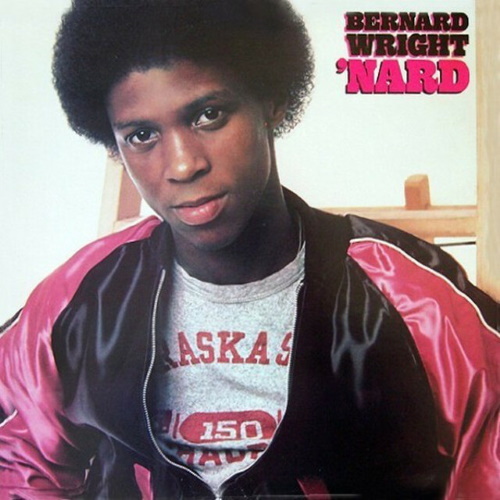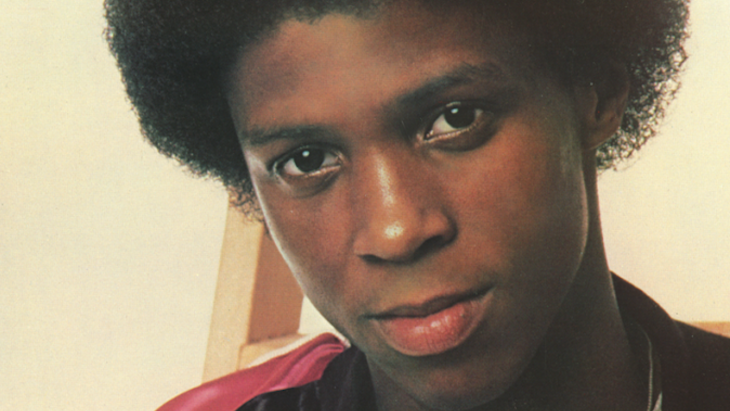 By Doug D. Sims
By Doug D. Sims
You may not know Bernard Wright by name—but if you’ve ever bobbed your head to a soulful sample in a hip-hop track or caught a groove in an old-school jam, you’ve probably felt his influence.
Wright was a keyboard virtuoso, a jazz-funk innovator, and a low-key legend whose music quietly shaped the sound of multiple genres. From Queens, New York to studio sessions with icons, and eventually into the hearts of crate-digging producers, Bernard Wright’s fingerprints are all over modern music.
A Star Before He Could Drive
Born in 1963, Bernard Wright was making serious musical moves while most kids were still figuring out multiplication tables. By 13, he was touring with fusion drummer Lenny White. By 16, he was already a hired gun for top jazz musicians. That early exposure to elite-level talent turned him into a master of his craft before he was old enough to vote.
Wright’s musical upbringing wasn’t just about raw talent—it was about immersion. He attended the famed High School of Music & Art in New York City, where he rubbed elbows with future greats and honed his genre-bending style.
‘Nard: The Album That Keeps on Giving
At just 17, Wright released ‘Nard (1981), a jazz-funk gem that would take on new life decades later. While it didn’t top charts at the time, the album developed a cult following—especially among hip-hop producers searching for rich, funky textures.
The track “Haboglabotribin” is the jewel of the album—playful, funky, and endlessly catchy. Years later, it would be sampled by the likes of Dr. Dre, Snoop Dogg, and LL Cool J, cementing Wright’s quiet influence on the golden age of hip-hop and the rise of G-funk.
But the entire ‘Nard record holds up today—tight grooves, infectious melodies, and Wright’s unmistakable touch on the keys.
Beyond the Funk
Wright wasn’t content to be boxed in. Throughout the ’80s and ’90s, he worked with a wide range of artists—Miles Davis, Bobby Brown, and his godmother Roberta Flack among them. His sound could glide from jazz to R&B to gospel without missing a beat.
In fact, his later years were devoted to faith-based music. Wright embraced gospel and poured his energy into spiritually driven projects that reflected his beliefs and growth as an artist.
A Quiet Giant in a Loud World
Bernard Wright passed away in May 2022 after a tragic accident in Dallas, Texas. He was only 58.
His death may not have made international headlines, but within the music world, it hit hard. Musicians, producers, and fans paid tribute to a man whose work helped define eras—often from behind the scenes.
What makes Bernard Wright special isn’t just his technical brilliance or genre-blending vision. It’s the way his music continues to ripple through time. You can hear it in the background of classic hip-hop records, in smooth R&B ballads, in gospel music that reaches the soul.
He wasn’t chasing celebrity—he was crafting legacy.
Why Bernard Wright Still Matters
In an age where music can feel disposable, Bernard Wright’s work reminds us of the richness that comes from fusion, from curiosity, from unfiltered funk. His songs weren’t just tracks—they were tapestries.
So if you’ve never listened to ‘Nard, now’s the time. Put on your headphones. Let the basslines walk, the synths swirl, and the funk wash over you. And remember the name: Bernard Wright.
Because chances are, your favorite artist already has.
